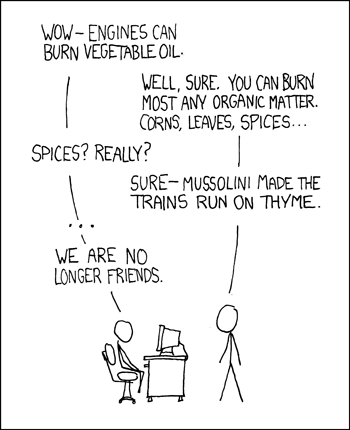Another year, another amazing Student Voice Conference at Little Heath School in Reading.
I thought I’d write a blog that reflected on what we saw and learnt last year. It’s split into two parts because I took LOADS of videos.
So the ‘building blocks’ for success in Little Heath are still the same and still very apparent. Pupils feel open – and are supported by teachers and other pupils – to suggest ideas (good or bad!), there’s a variety of ways for students to get involved, and the support from staff is strong. In terms of staff support, the school has managed to build on what they provided last year.
Mr Linz (Student Voice Coordinator) is now expertly supported by Alison, the new Student Voice Assistant. Last year, Alison was a pupil at the school, but this year she’s a paid member of staff. It’s her job to support Mr Linz, and use her experience as a student to get lots of people involved and improve the school.
She’s very kindly writing a blog for us which you can read here and here. It’s really clear from how the students describe them that they make a great team and helps the school to build on the success that they’ve had. Well done!
As usual, I took some videos of some of the work that the school is doing. You’ll have to excuse my video skills.
First off, we have Bailey, a year 8 student who I’d talked to last year. This year Bailey was really clear on the role that the school’s strong student voice ethos had played in helping him and others. He’s got some great advice on helping shy pupils to get involved. This is something that sits at the heart of what we’re trying to do as an organisation, and it’s great to see Bailey describe this in such a powerful way:
Some great stuff from Jack in Year 11 telling us about the day, and the skills he learnt as a Student Voice Leader. He also stresses the role of a passionate student voice coordinator to support everyone:
Here’s Dalton, from Year 12. He’s got a rather fetching shirt, and is on the buildings committee and helps out on travel to and from school. Back in year 9, he was part of the selection panel to appoint a new head teacher. Key quote ‘being a student voice leader is not all plain-sailing‘. Here his thoughts below:
It’s also important to look at the role of other staff supporting student voice, here’s Ms. Broadhead and Mr. Naylor – a Teaching Assistant at the school – talking about their experience. As a NQT, Ms. Broadhead’s got some interesting reflections on the lip service that many schools pay to student voice:
Here’s Lucy and Daniela talking about the support that older pupils give to year sevens. It’s called the SMILE group, and shows how peer mentoring is important to the school:
Finally for part 1, here’s a short video of Tom working with a group of year 8s. We saw Tom last year explaining what was happening at the conference. I’m sure he won’t mind me saying he was a bit nervous! This year, he’s expertly leading a group on the importance of courage as a leader, and what that means. Great stuff!
In part two, I’ll be talking to more of the younger pupils at the school. Stay tuned and thanks again to Little Heath for inviting me along.
Greg



